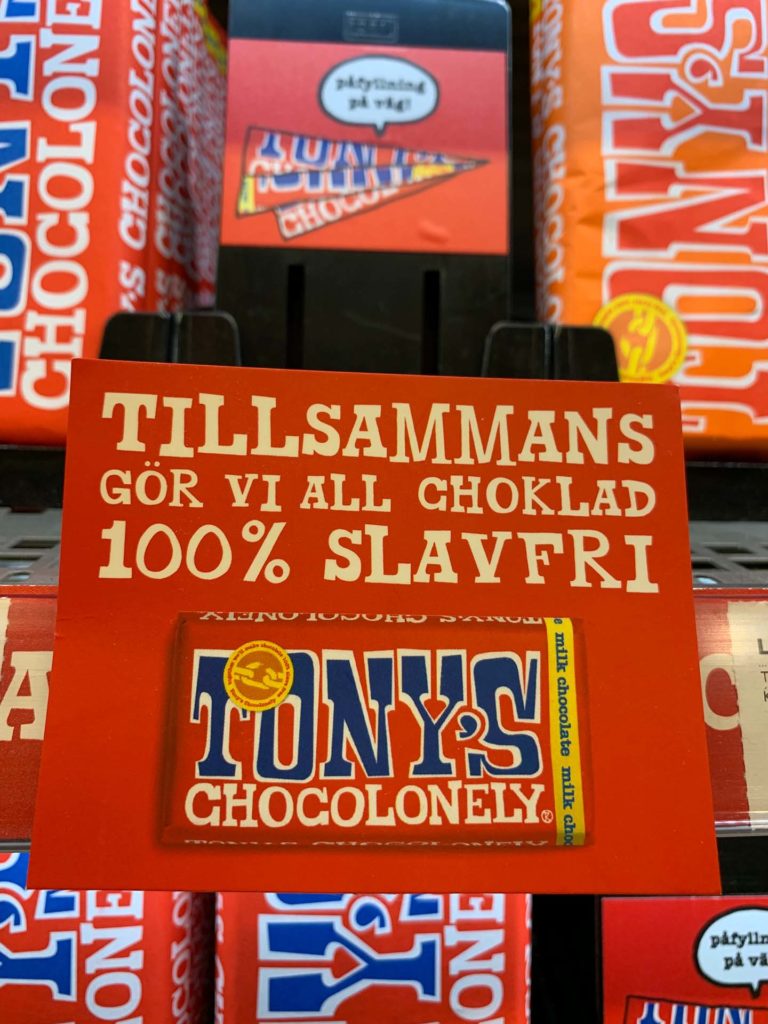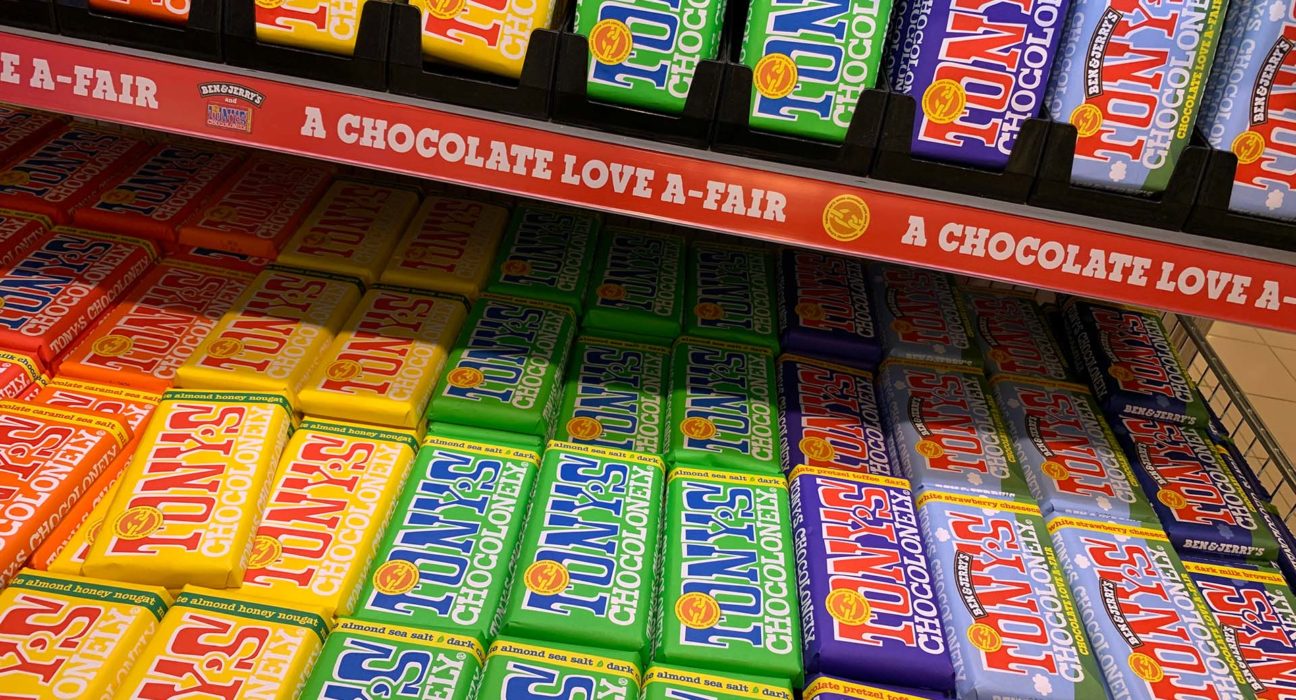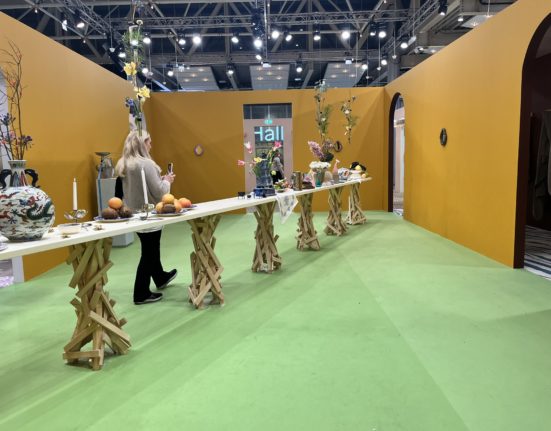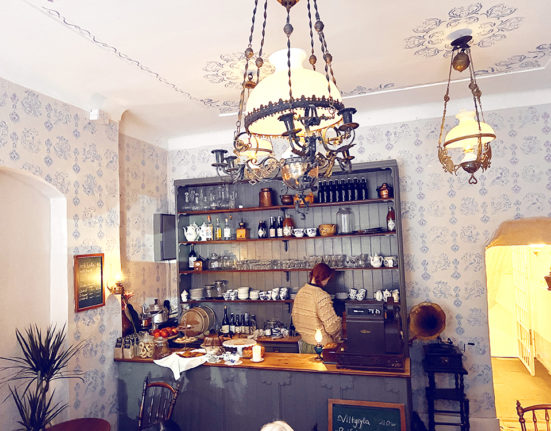The global chocolate market is a multi-billion-dollar industry. While an exact daily sales figure for chocolate products is challenging to ascertain, it’s safe to say that millions, if not billions of chocolate products are sold daily across the globe. Behind the sweet facade lies a troubling reality that has plagued cocoa production for decades. As consumers, we savor the sweet moments, often unaware of the ethical and environmental complexities that overshadow our favorite treats.
At the heart of the issue is the persistent use of child and forced labor in cocoa farms, primarily in West African countries such as Ivory Coast and Ghana. Kids toil in hazardous conditions, deprived of their right to education and a carefree childhood. Amid the lucrative chocolate trade, many cocoa farmers, particularly smallholders, grapple with meager incomes. Low prices for cocoa beans perpetuate a cycle of poverty, leaving farmers vulnerable to exploitation.
“Why we still won’t say we’re 100% slave free”
The selection of bars in every European supermarket is impressive. Which means it is rather a competitive business. To stick out of the crowd and get customer’s attention you have to be creative. When Teun van de Keuken launched his brand in 2005, he came up with a story that left our hearts melting like the chocolate exposed to the African sun. The Dutch journalist was shocked when he read a book about illegal child labor on cocoa farms. He decided to start an investigation with his television program “Keuringsdienst van Waarde” (Inspectorate of Value). Soon after he started his own company – now well known also in Sweden – Tony’s Chocolonely.
Tony’s Chocolonely is supposed to be not just another chocolate brand, but a beacon of ethical chocolate production. The company presents itself as dedicated to combating the deeply rooted issues of child labor and slavery in the cocoa industry. Tony’s is known for its unwavering commitment to transparency, actively tracing every cocoa bean in their supply chain to ensure it’s ethically sourced. Their efforts extend beyond delicious bars; they are on a mission to change the entire chocolate industry, advocating for fair wages for cocoa farmers and promoting a slavery-free cocoa production process. In our minds Tony’s Chocolonely is not just a chocolate company; it’s a movement for change, proving that chocolate can taste even sweeter when it’s made with compassion and justice. Their vibrant packaging and captivating flavors have made them a favorite among consumers.
While in fact Tony’s Chocolonely admits to 1,700 cases of supply chain child labour!
Moreover, Tony’s was struck off the Slave Free Chocolate list over two years ago after it partnered with Barry Callebaut, one of the largest chocolate makers in the world. Barry Callebaut’s progress report for 2020-21 said it had identified 21,258 cases of child labour in its supply chain. Probably beneficial, but not so fortunate choice of collaboration if you think of “changing the world” strategy.
Aleksander Jacob is a cultural anthropologist who analyzes media and social communication. He helped many start-ups and companies to build their image, so I asked him to comment on this specific case:
– In a way, marketing is somewhat based on falsehoods. Advertising often uses the convention of obvious exaggeration and embellishing reality, and audiences (usually) are aware that the whites won’t be quite so white, and using perfume won’t turn us into screen stars. However, in the case of communication regarding topics related to the “new, better world” and “new economy,” such as equality policies, ecology, and fair trade, these small fibs or omissions are treading on thin ice. Companies engage in this poker game with customers, knowing that the chance of something unraveling is small. Even if it does, the customer has too much on his plate to dwell on it. It looks like Tony’s started with noble intentions, but along the way, he faced reality, market laws, and economics. However, since the public image was selling well, it stayed in place. The inconsistency between a company’s policies and the actual realities supposed to go unnoticed.

100% slave free or not?
While they still promote their products in shops as 100% slave free (photo taken yesterday at Hömshop Vasastan), you can find a statement on their website saying:
“We have never found an instance of modern slavery in our supply chain, however, we do not guarantee our chocolate is 100% slave free. While we are doing everything we can to prevent slavery and child labour, we are also realistic. Firstly, we cannot be there to monitor the cocoa plantations 24/7, and we don’t believe in that kind of monitoring. And our ambition extends beyond our own bar: we want to change the whole industry which involves being where the problems are so that we can solve them. Only then can we say we have achieved our mission to make all chocolate 100% slave free. So.. is there illegal labour in our supply chain? The short answer is yes. (….)”
While Tony’s Chocolonely has gained fame as a champion of ethical cocoa production, a closer look reveals a narrative that’s not as straightforward as it seems. Behind the bold claims and colorful wrappers, concerns arise about how Tony’s Chocolonely portrays itself in the market. Is it ethical? I’ll let you be the judge of that.
Studies show (according to Wikipedia) that in Ghana and Cote d’Ivoire, about 1% of children who work on cocoa farms might be forced to work there against their will. The United Nations declared 2021 as a special year to focus on stopping child labor. They also picked September 5th as “Labour Day” to remind everyone about this important issue. We suggest a healthy snack instead to do the least we can to celebrate this day!












